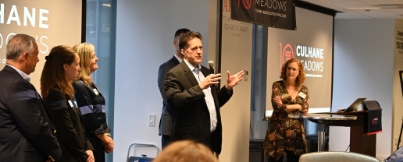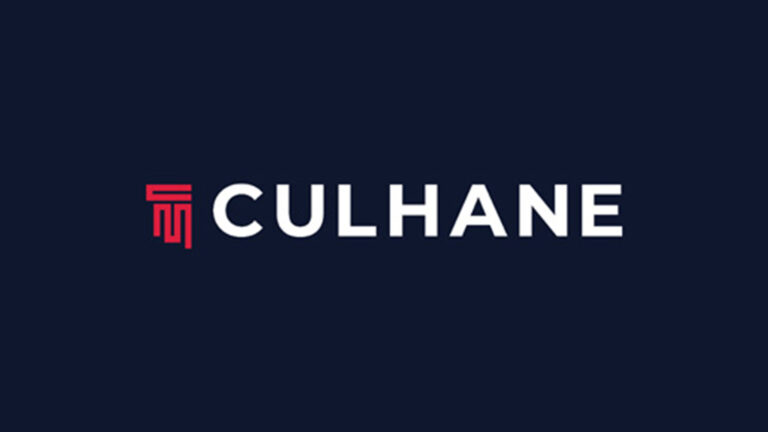Culhane Meadows’ New York partner Robert Dremluk recently authored an article for New York Law Journal about specifics of foreclosures of commercial property used as collateral on mezzanine loans during the pandemic.
Here are a few excerpts from the article:
During the past few months several New York cases involving UCC sales of equity pledged to secure mezzanine loans have underscored whether the concept of commercial reasonableness may apply differently during the COVID-19 pandemic. A typical mezzanine real estate loan structure involves a loan made to a mezzanine borrower that owns all of the equity interests in a special purposes entity (often a limited liability company) that in turn owns a commercial real estate property. The mezzanine borrower pledges its equity interest in the property owner as collateral to secure the mezzanine loan. When a default arises under the mezzanine loan the lender may seek to sell its collateral under the UCC, provided, however, that every aspect of a disposition of collateral, including the method, manner, time and place and other terms of sale must be commercially reasonable. See N.Y. U.C.C. §9-610(b)
…
Mezzanine lenders need to make extra efforts to ensure that UCC sales are difficult to attack as commercially unreasonable by engaging in active marketing efforts, giving sufficient notice to the borrower and potential bidders, and scheduling the sale to attract as many bidders as possible and afford them a reasonable opportunity to conduct due diligence and to close a transaction. All of this should be treated from the perspective that what is reasonable during normal times may not be reasonable during a pandemic. Finally, from a drafting perspective, lenders may want to clarify loan agreement language that could be interpreted to prevent the borrower from recovery of money damages—clarifying that any limitation on remedies contained in the relevant provision should not apply to any claim by a borrower that the lender has failed to properly conduct any sale or exercise any remedies under the UCC or applicable law.
Read their entire article HERE to learn more.
About Culhane Meadows – Big Law for the New Economy®
The largest woman-owned national full-service business law firm in the U.S., Culhane Meadows fields over 70 partners in ten major markets across the country. Uniquely structured, the firm’s Disruptive Law® business model gives attorneys greater work-life flexibility while delivering outstanding, partner-level legal services to major corporations and emerging companies across industry sectors more efficiently and cost-effectively than conventional law firms. Clients enjoy exceptional and highly-efficient legal services provided exclusively by partner-level attorneys with significant experience and training from large law firms or in-house legal departments of respected corporations. U.S. News & World Report has named Culhane Meadows among the country’s “Best Law Firms” in its 2014 through 2020 rankings and many of the firm’s partners are regularly recognized in Chambers, Super Lawyers, Best Lawyers and Martindale-Hubbell Peer Reviews.
The foregoing content is for informational purposes only and should not be relied upon as legal advice. Federal, state, and local laws can change rapidly and, therefore, this content may become obsolete or outdated. Please consult with an attorney of your choice to ensure you obtain the most current and accurate counsel about your particular situation.












